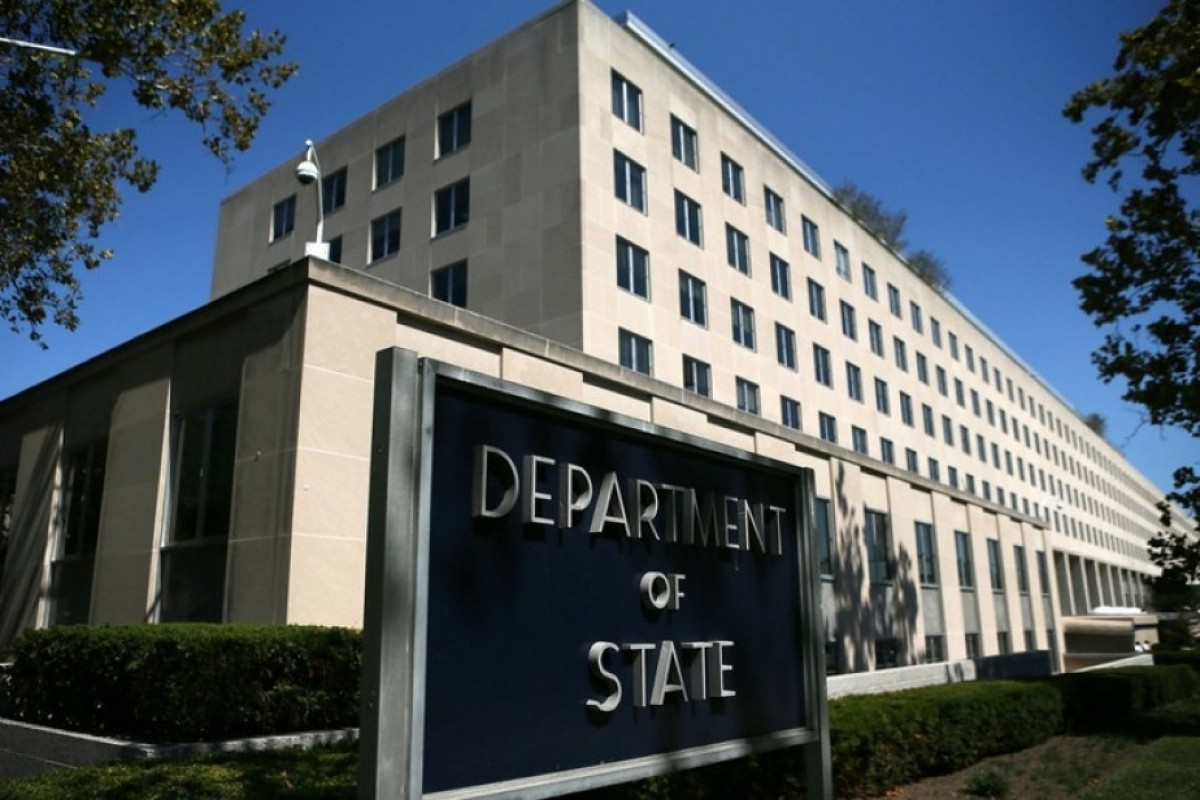Prominent Russian historian-philosopher, writer, publicist, and editor-in-chief of "Zavtra" newspaper Alexander Prokhanov was interviewed by Moscow correspondent of APA News agency
- I greet you, Alexander Andreyevich. Exactly 8 years have passed since our last meeting with you. During this past period, many important changes have taken place in the world, including in our space - I mean the post-Soviet space. A number of experts emphasize that humanity is on the verge of the Third World War. How do you consider the Russian-Ukrainian war to be the beginning of a new world war?
- In my opinion, all these are extravagant judgments. What does World War III mean? Some consider the collapse of the Soviet Union to be the end of World War III or the Cold War. I think these are all thoughtful political curiosities. The Russian-Ukrainian war is a serious form of Russia's conflict with the Western world, the Anglo-Saxon world. This collision is very dangerous. The end of this war is full of great crises. Maybe a nuclear war crisis. It seems to me that there is also fear mongering going on here. In general, this war actually existed throughout the entire history of Russia with the West. Russia and the West are historically and religiously antagonistic, that is, irreconcilable enemies. The West has always marched against Russia. Tefton knights, Polish kings, and German fascists made these marches. They looked for new territories and resources to establish a colony in Russia. However, the main goal of these marches was to destroy the deep Russian essence, the Russian thought about the universe and the truth of God. Because the thoughts of the West, the Anglo-Saxon world, and the Russian world are contradictory. What is the contradiction in these thoughts? The philosophy of supremacy is central to Anglo-Saxon thought in the West, that is, the United States in general. In this philosophy, superiority is dominant. According to their philosophical teaching, Anglo-Saxon history is considered the peak of world history. The rest of the nations should learn from them and follow them in one way or another. What is happening today in the United States is a war, a battle, between the American fortress and the Russian church formed by forces including the Bush clan. How long this competition will last, it is difficult for me to say. This is a matter of politicians and their concessions. I think this conflict will go a long way. But this will not result in a world apocalypse.
- Then it turns out that this is a struggle between two civilizations.
- This struggle is bigger than civilizations. This is a struggle between two meanings, and thoughts, which differ from each other politically, ideologically, and culturally.
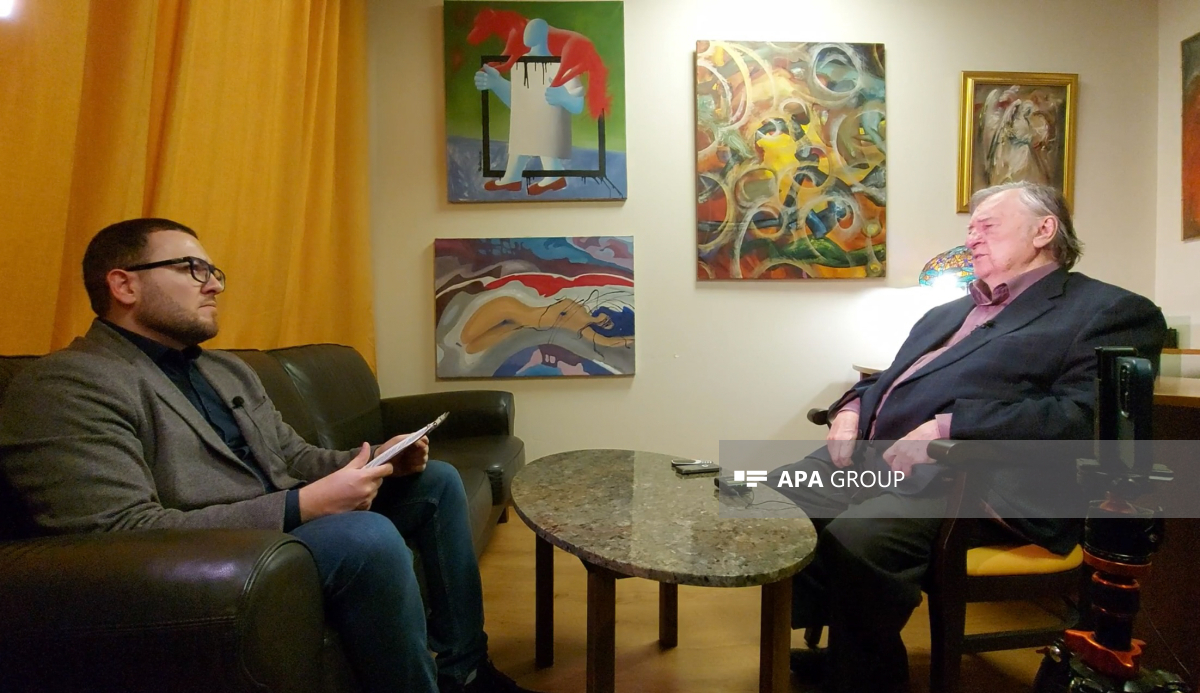
- There is such an opinion that Russia wants to restore the Soviet Union by force, and this is the reason for the war in Ukraine. In a globalized, more interactive world where colonialism and imperialism have fallen, how wise is it for Russia to spread its influence through war? No matter how much the state calls it a "special operation," it is essentially a real war.
- The idea that "Russia wants to restore the Soviet Union" is similar to the political conclusion reached by those who say "The Third World War will start soon". The history of Russian statehood is the history of the empire. It is the history of creation and destruction, re-creation and re-destruction. There were four such empires in the history of Russia. The Kiev-Novgorod Empire, the Moscow Tsarist Empire, the third Romanov Empire, and the fourth, the Soviet Union Empire. The fifth empire is Putin's empire, which he is currently rebuilding. After the collapse of 1991, when the next empire fell, the mysterious Russian process began to kick in and a fifth empire emerged. I don't know how much this empire will recover. There is a trend, I don't know if this trend will break. But now the restoration of the imperial state is taking place. Russia is trying to restore the imperial character of its historical existence. Crimea was the first symptom of this, which Russia could not reconcile with its separation from its land. The uprisings in Donbas were the second symptom. I don't know what will happen after that or if anything will happen. There is talk that the nations will return to the age of empires, they are all bluffs. For example, Turkey, close to us and you... Erdogan, Turkish politicians and philosophers, they form the concept of the Ottoman Empire, the idea of Turkism. The idea of Turkestan... Turkey is spreading its ideas. Today, it is impossible not to see the influence of Turkey in the South Caucasus. Then let's blame Turkey and Erdogan for pursuing a policy of expansion. He does not send his army to expand the Ottoman Empire. Now wars are not fought with an army. This is the old way. Expansion is now being done with modern methods, culture, history, and hybrid and organizational weapons. Therefore, the talk that "Russia wants to restore the Soviet Union" is incorrect. Russia simply sees its existence as a state in a large continental space. Russia cannot live without it. Russia cannot consist of the Moscow region alone.
Sometimes I am told that the fall of the Soviet Union was a peaceful divorce of nations. This is a peaceful divorce that has affected the lives of millions of people. People hate each other. Those who did this managed to make Russians and Ukrainians hate each other. It is difficult to say how long this hatred will last.
- Although Russia's plan is not to restore the Soviet Union, there are empire ambitions.
- Let's not call it imperial ambition, let's say that Russian statehood wants to exist. Therefore, we are forced to restore the empire at one level or another. And Putin is a function of this statist tendency. He does not run the state, Russia's deep state governs Putin and implements this policy. I feel this as a Russian historian.
- How do you think this war will end? What will happen if the world order does not change as Russia wants?
- I do not think that the world order will change as Russia wants. This is generally the exception. Because several huge projects are operating in the world today. One of them is the new American project, which offers humanity a new model of existence. This project envisages a new humanity in which the accumulations of old times will be erased, birth will be regulated, people will be divided into classes, and there will be a new hierarchy. The second project belongs to China. This project called "One Belt, One Road" is a Chinese dream that does not coincide with the first project. The third is the big Russian project, which includes the unification of the sovereign states of the Eurasian space. After 1991, Russia had no sovereignty. Russia was ruled from abroad. These projects collide with each other. It is not known what the outcome will be. It is pointless to think about which of these projects will win. Compromise usually wins. Currently, American and Russian projects, as well as American and Chinese projects, are competing. Chinese and Russian projects converge at one point. It is not known what will happen next.
- Does the West really want to break up Russia? Why should the West, which did not divide Russia, which was very weak after the collapse of the Soviet Union, divide Russia, which is now stronger than at that time? When he had such an opportunity in the 90s...
- The West broke up the Soviet Union. After this split, the West did not calm down, on the contrary, it went further. The disintegration of the USSR was a huge American project, calculated for decades. During the "Cold War," various technologies were applied. The mechanism of the project that destroyed the USSR still exists today. These are the Pentagon, intelligence, political centers, and institutions. They are waiting for the sunset. After 1991, Russia ceased to be a country. In the 90s, Russia was ruled by the Americans. The employees of the Central Intelligence Agency were sitting in the institution of Anatoly Chubais. They were sitting in military plants, in all vital institutions, in short, everywhere. They created the ideology "Russia has no enemies". They destroyed the Russian army. They turned Russia into a place, not a country. But with the power of Russia's secret of statehood, the country began to revive again, it chose a new leader, not Nemtsov or Stepashin, but Putin. This secret of statehood has passed to Putin and controls his psyche. Russia did not just come into conflict with the West, it also rebelled against the West. Putin is Russia's rebellion against the West. Russian history is stronger than political science. It was this history that led Putin to the Munich speech. Putin demanded that the West respect Russia's sovereignty. Putin began to restore the sovereignty of Russia. How should the United States react to this? Of course, by traditional means... to stop... to divide Russia... This is the goal of the West today, and it does not hide it at all...
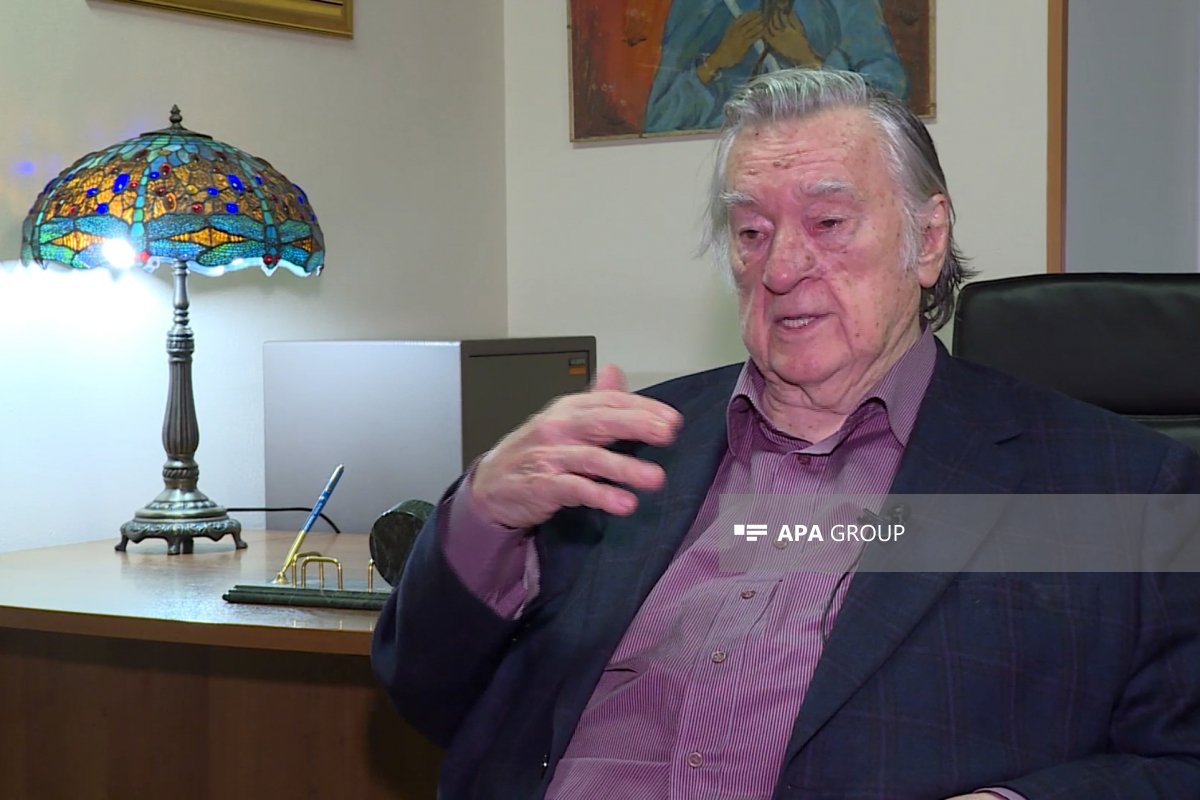
- I want to go back to the late 80s, or early 90s. Some forces claim that the Karabakh events started with the Sumgayit events. You are the only non-Azerbaijani expert who first mentioned that the Karabakh events started not from Sumgait, but from Gafan.
- Yes, it is. I was in Armenia when the Gafan events happened. At that time, there was very strong pressure on the Azerbaijani enclave in Armenia. Azerbaijanis in Gafan were forced to leave their homeland under the threat of being killed. All the people - the old, the young, the disabled people with children - took refuge in Azerbaijan. It was essentially the first act to have the effect of force. There have been conflicts before. However, they were extinguished by the powerful Soviet authorities, the Dashnaks were imprisoned, and all nationalists were silenced. As soon as the Soviet Union began to weaken, Gorbachev came to power, all the norms and structures of the Soviets began to shake, and this nationalism arose again. The first manifestation of this happened in Armenia. This was a fatal mistake. Because the humiliated and expelled Gafan Azerbaijanis who came to Azerbaijan were burning with a sense of revenge. Most of them were placed in Sumgait. Therefore, Sumgait events are the result of Gafan events.
- Armenian Grigoryan was one of the leaders of the gang that committed the Sumgait events. Doesn't this fact itself prove that Armenians have a hand in this case?
- I have not investigated this matter. But I repeat once again that the Sumgait events were a phase of the conflict. I don't know who was the culprit, who was the leader. But I know for sure that everything started from Gafan.
- Viktor Polyanichko, who worked as the second secretary of the Communist Party of Azerbaijan in 1988-1991, was your close friend. He was one of the main witnesses of the Karabakh events. Did Polyanichko share any secrets with you about the Karabakh events?
- He did not share secrets with me about the Karabakh events. Perhaps, there was no such secret. When the Karabakh events started, I went to Stepanakert (Khankendi-ed.) as a correspondent of "Literaturnaya gazeta" on the recommendation of my friend, the representative of the Caucasus military district of the USSR, General Albert Makashov. Then I witnessed the situation there. Makashov arrested all the members of the "Krung" organization of Armenians in Karabakh. The Center reacted very late to what happened in Karabakh. All members of "Krung" were arrested, except Robert Kocharyan, who was free. My friend Makashov gave me his car, and I went to Stepanakert. I met Kocharyan. He was in an illegal situation. We talked to him. He revealed to me his intentions and political thoughts. I told him that Robert, you will be the president of Armenia. What I said turned out to be true. In Stepanakert I met Polyanichko. I have known him for a long time. He was the chief political adviser to the Afghan leader, Babrak Karmal, and was, in fact, the owner of Afghanistan. Babrak did not make any decisions without Polyanichkos. We met him there. After the Afghanistan story ended, Polyanichko returned to Baku, to Ayaz Mutallibov. We spent hard and tiring days with Polyanichko in Stepanakert. Then we returned to Baku together. Later we met him in Moscow. They sent him to Ossetia. They sent Polyanichko to the war zone with Ingushetia to reconcile them. But he fell into an ambush and died.
- His death was also a mystery...
- I wouldn't say so. The place he went to was a "black hole". There was not only a war, but also arms trade. Polyanichko wanted to prevent this. They called him to a meeting and ambushed him. Those interested in the arms trade shot him.


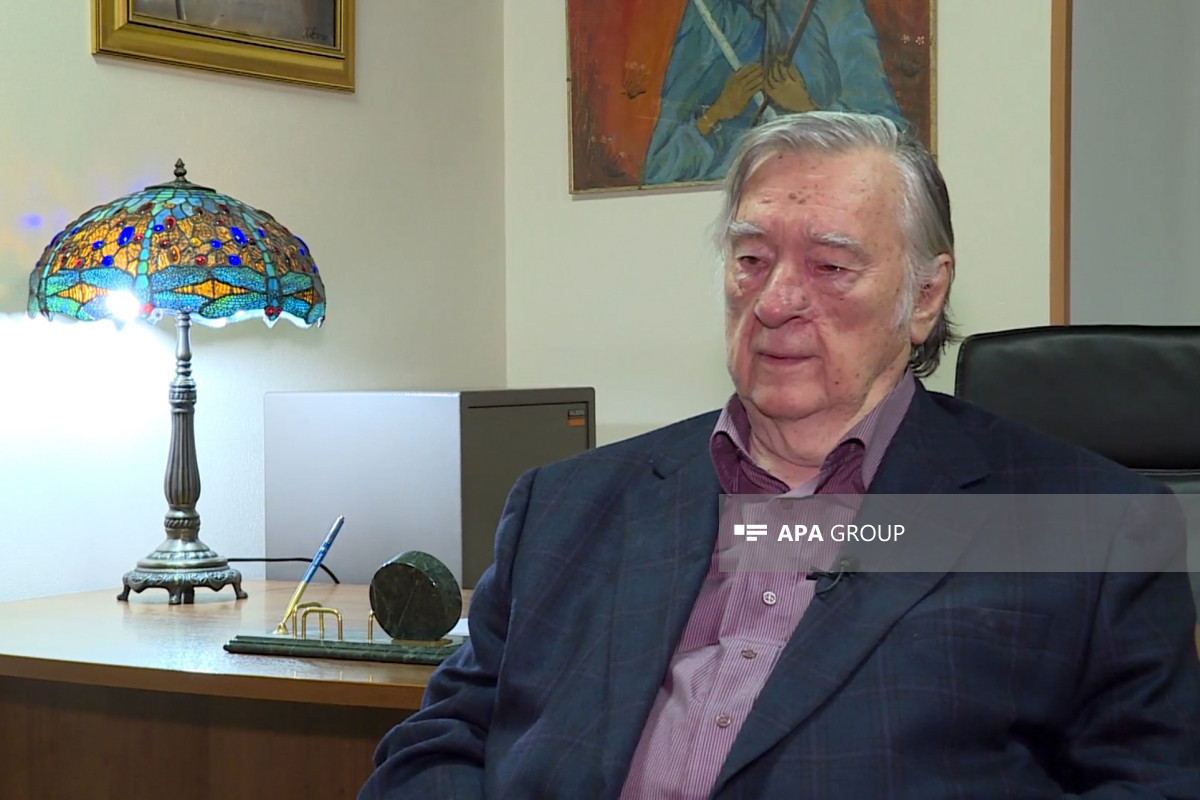
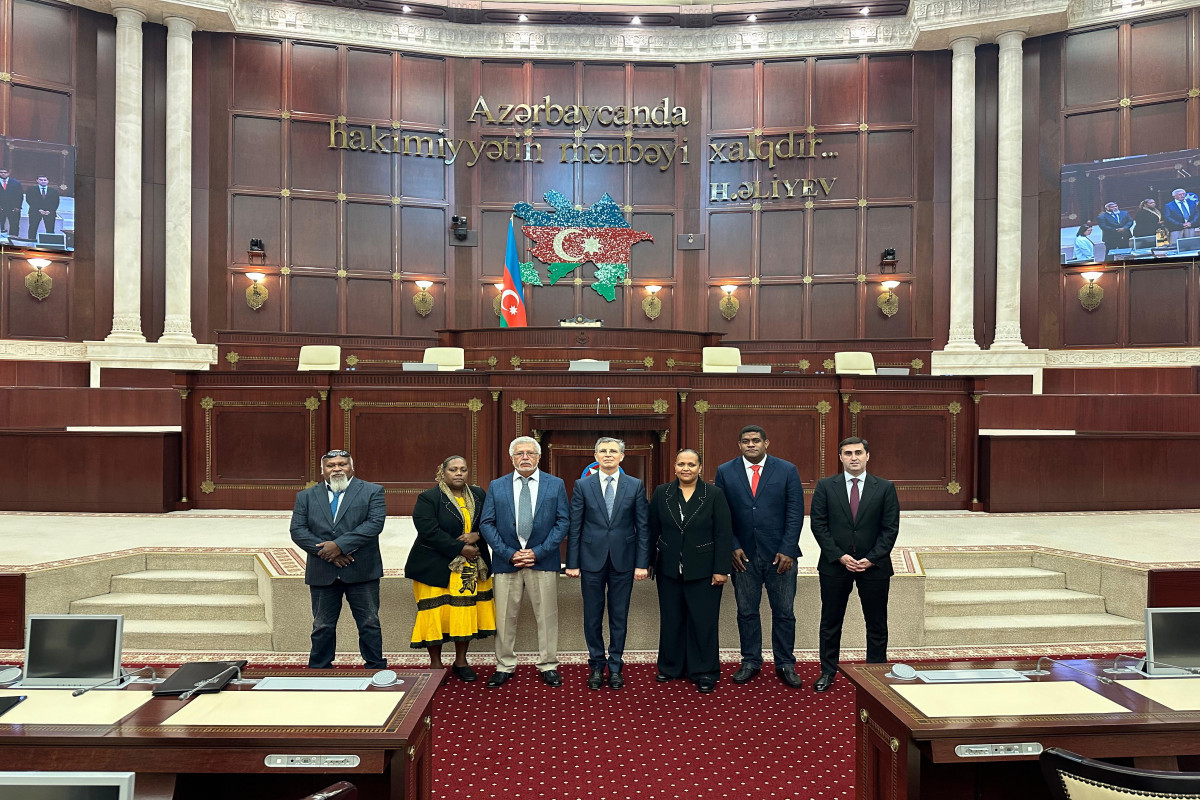
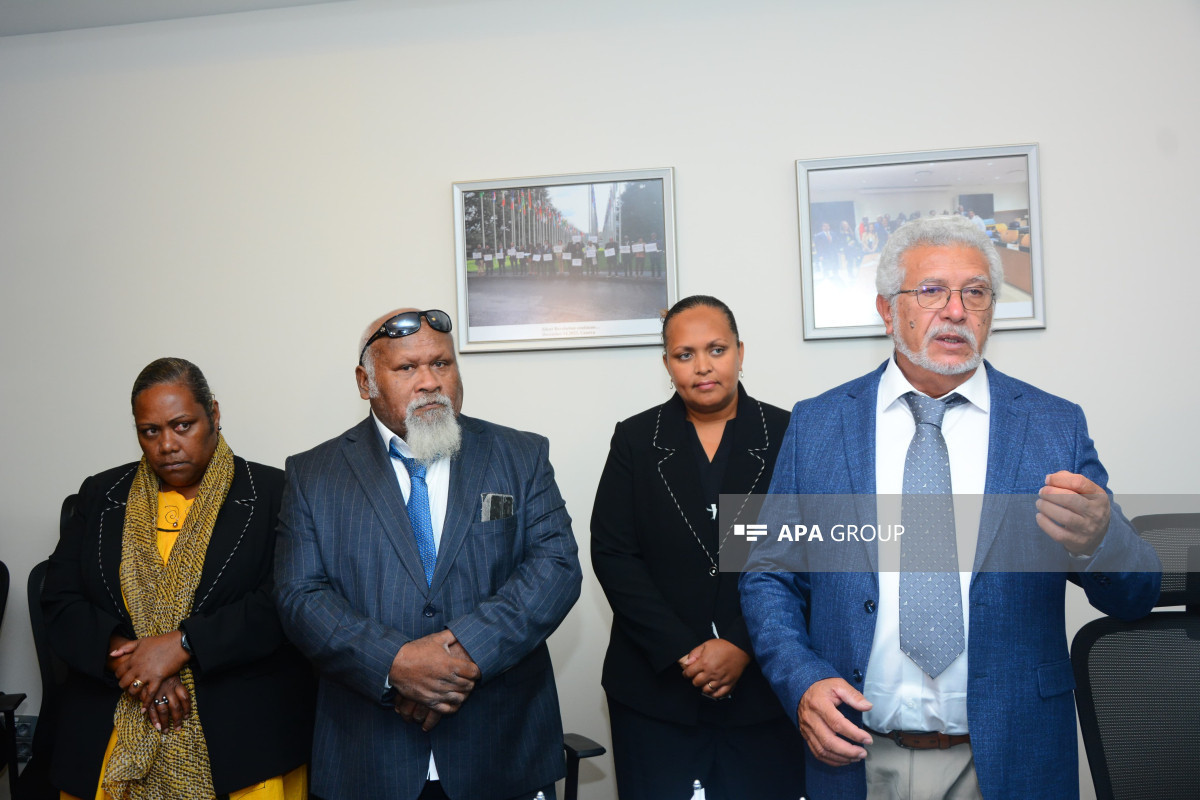
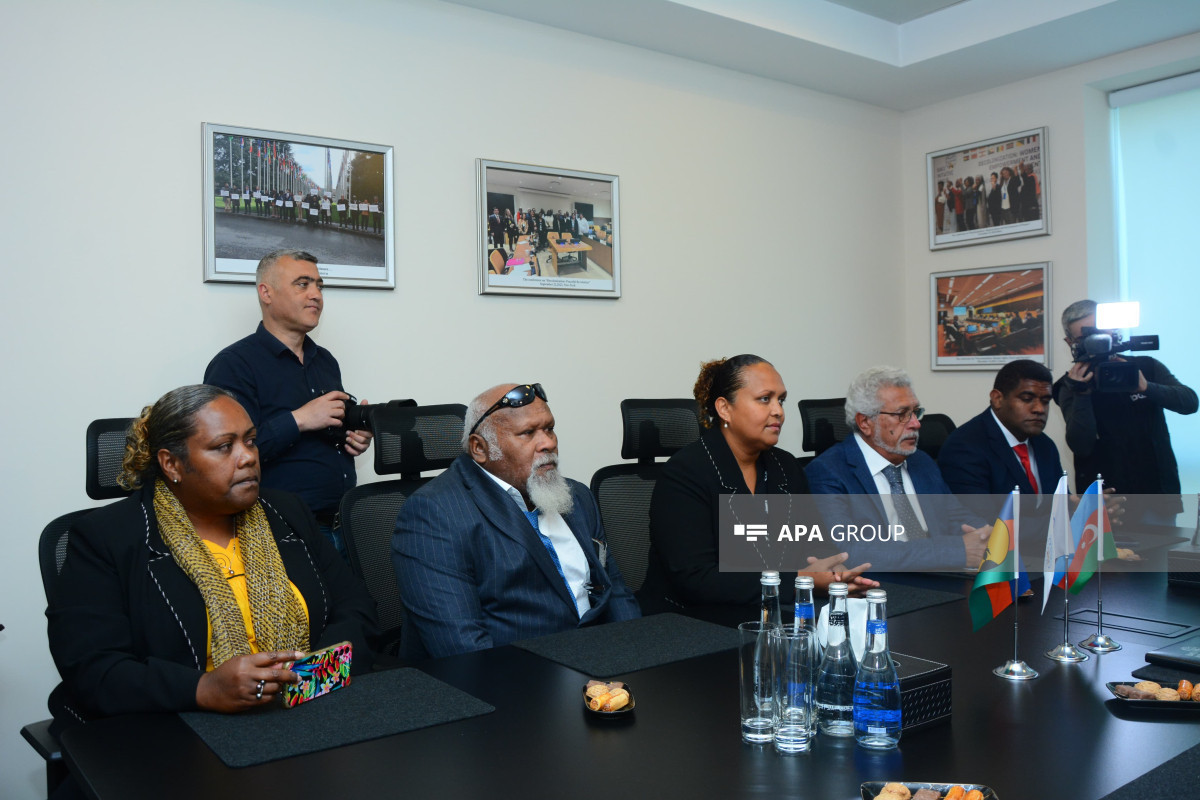 PHOTO'>
PHOTO'>
